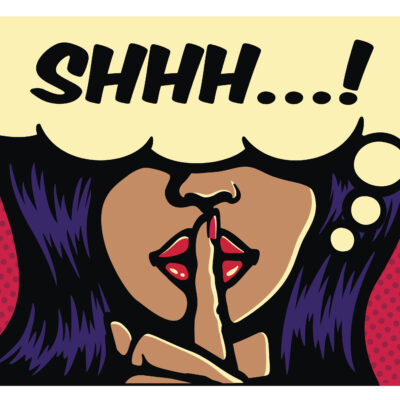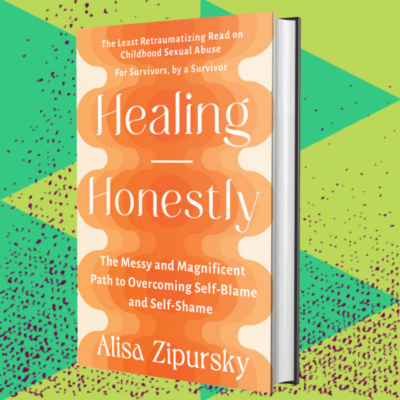This story may contain descriptions of PTSD symptoms, discussion of child sexual abuse, and the effects of trauma.
All of these, yes, all of them, I’ve been asked at least once (let’s be real, I’ve definitely been asked these more than once). I feel safe saying that no one should ask a child sex abuse survivor ANY of these questions. If you are someone who has asked a child sex abuse survivor any of these questions then I think it’s great you are reading this and interested in learning about the best ways to support someone you love. If you’re a survivor who has been asked these questions before then I’m sorry, I know how painful it can be and I’m here for you.
1. When did it happen and how?
Holy shitballs I hate this type of question. The question that’s looking for the details of the trauma so that it paints some sort of picture for the person. It feels like it stems from curiosity, and it makes me feel like someone is much more interested in my trauma porn than me.
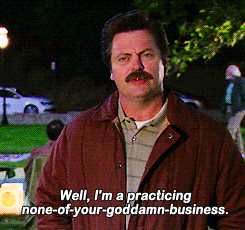
It can also be super triggering since, like so many other survivors, I do not have any clear memories of my abuse, I have no idea how to answer the question. I don’t know when it happened and I don’t know how, and I don’t really need a reminder that the world expects me to be able to answer those questions if I’m a survivor.
The questions asking for details really also miss the point about trauma, which is that the details matter less than how the trauma is affecting us now in our lives as we work to heal.
Any details that a survivor wants you to know about their trauma they will tell you themselves, without your prompting, and definitely without invasive questioning about details that aren’t anyone’s business.
2. Is your abuser still in your life?
I get asked this question more often than not following my revealing that I’m an incest survivor. Again, how is this anyone’s business and it feels like it’s being asked out of curiosity of what happens when there is sexual violence within a family, versus concern for my wellbeing.
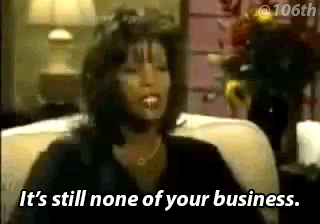
Also, there are many survivors whose abusers are still in their lives, and this question can lead to a sort of judgment against the person who still has a relationship with their abuser.
I promise you, if a survivor feels safe and comfortable with you and needs support, they will definitely share with you whether or not their abuser is still in their lives. You want to let them bring this up. Do not probe.
3. Did it happen to your siblings/other kids?
I HATE THIS QUESTION. I hate this question so much that I almost wrote an entire blogpost JUST about this question because I get asked it so often and it makes me so angry.
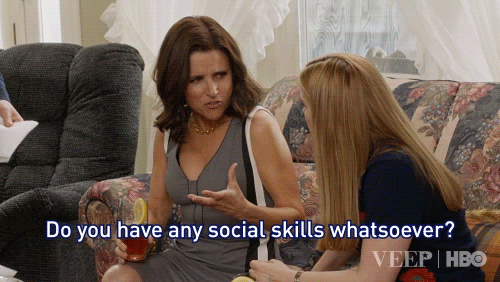
There is no explanation for this question except for their questioner’s own curiosity, because at it’s core, what the person is asking is: Were you the exception? And if yes, why? It is not our jobs to explain our own abuse and victimhood, and why our abusers abuse us. You’ll have to ask my abuser that question. Also, it is pretty safe to say that any adult that sexually abuses their child/grandchild/nieces/nephews is not going to be an ideal adult to the other children, whether they sexually abuse them or not.
4. Is it true child sex abuse leads to promiscuity?
LOLOLOLOLOL because I’ve actually been asked this question ON MORE THAN ONE OCCASSION.
OKAY let’s drive in here. There are loads and loads of messages in pop culture and even in academia that being a child sex abuse survivor means you are fated to some sort of life of “daddy issues” and other nonsense.
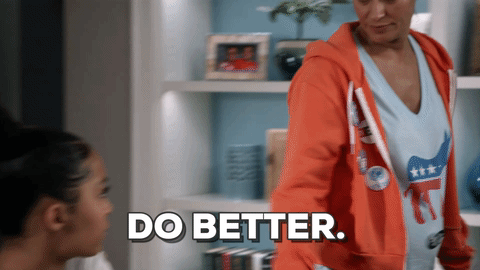
First of all, let’s go ahead and remove the negative connotations and bullshit around the word “promiscuity” since it is a word only used to talk about women and girls and it implies some moral judgment on how much sex women and girls want to be having, which is gross. Women and girls should be having as much or as little sex as they desire.
Secondly, we do not get to judge the way someone survives. We survive the way we do, and it’s what has gotten us to this point. Whether that includes sex work, or not having any sex at all, or any other relationship to sex, we survive the way we survive and it’s not on anyone else to place moral judgment on whether it’s the “right way” to survive.
Also, can you imagine if I turned the question around and was like, “Is it true that assholes have less sex than people who aren’t judgmental garbage humans?”
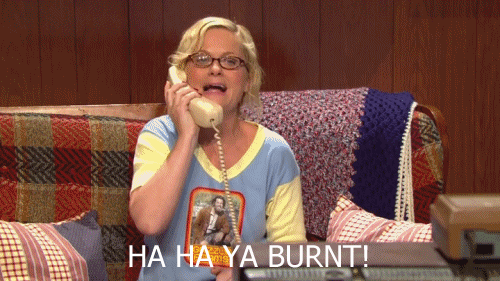
5. How do you know it happened if you don’t remember it clearly?
This question is really simple, since I’ve written extensively on this topic, I can just say, HEY! Read this article! Or this article! And then you can know that I’ve already answered this question, and look, you can to look at fun gifs while you learn the answer to your question!
6. Why didn’t you go to the police/the hospital/any institution/tell a parent?
I’ve had loads of people ask me why I didn’t do xyz as a child. There’s a lot happening in these questions so let’s unpack them a little. Giving people the benefit of the doubt, maybe they want to learn about the institutional barriers to receiving support as a child sex abuse survivor, or how the police state is retraumatizing for so many, or how reporting a parent can lead to further trauma within a family.
But for so many of us, these questions come loaded with judgment and shame. Many of us have internalized blame of how come we didn’t do xyz to save ourselves, as though it’s our fault our abuse happened and continued.
These questions ignore how painful it is for us, as survivors, to live in a world that constantly tries to find ways to blame survivors for their own trauma.
If people want to know why children don’t report, they can just, you know, google it.

7. When are you going to be better?/Will you ever be able to move past this?
OKAY! So you want to know when this is going to get better for me? SAMESIES.
Healing is different for every person. For some, healing is a journey, for others it is a continuum. For some people, they see healing as a finality, and say that they’re healed. For others, they say that there will never be a moment where that is true, but healing is an everyday experience.
I have a mental illness. Living with PTSD is a long journey towards accepting that my trauma is a part of me, indefinitely. I can learn strategies to manage my disability, but it doesn’t go away.
Would you ask someone else with a disability when they are going to get better and move past it?
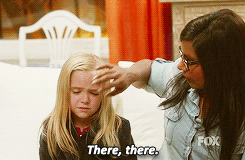
It is much more helpful to demonstrate that you are standing beside someone in their healing both today, but also years from now. Be there for the long-haul. It isn’t glamorous, but it is super important.
Questions you SHOULD ask a survivor of child sex abuse:
1. What can I do to support you?
THAT’S IT. THAT’S THE ONLY QUESTION YOU NEED TO ASK. LOOK! YOU DID IT! You demonstrated interest, care, and compassion without making the survivor feel uncomfortable. Huzzah!
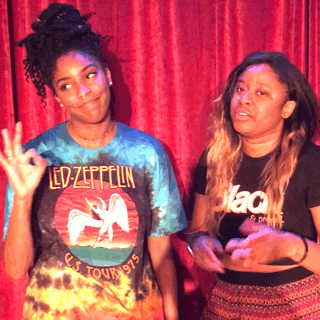
Want me to come speak at your event or facilitate a workshop?
I travel around the country giving talks, facilitate workshops and engaging on panels on the topics of healing from sexual trauma and supporting survivors. I promise, it’s more fun than you’d think. I’d love to speak at your event! Just shoot me an email through my contact page and we can talk about working together.
